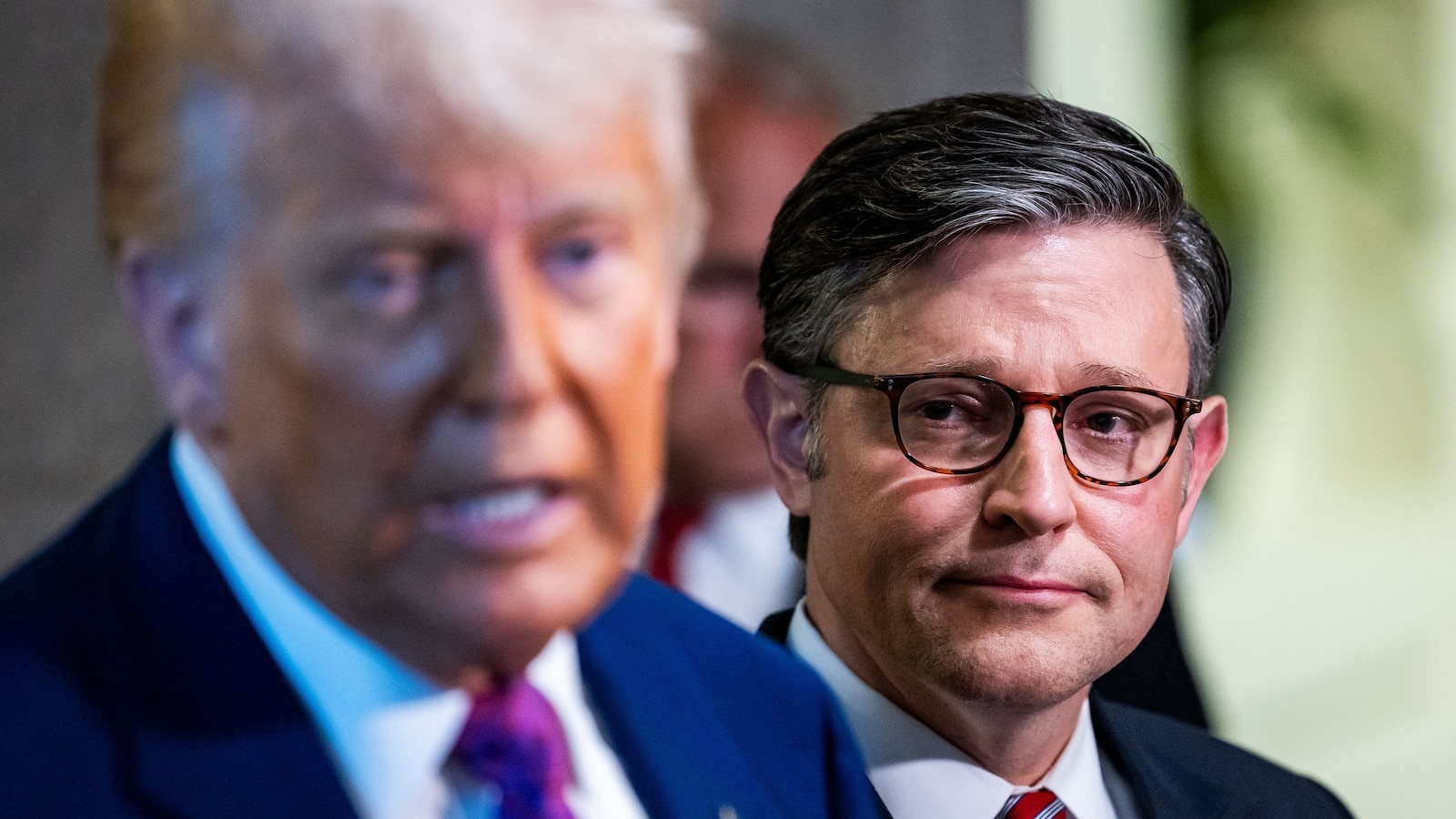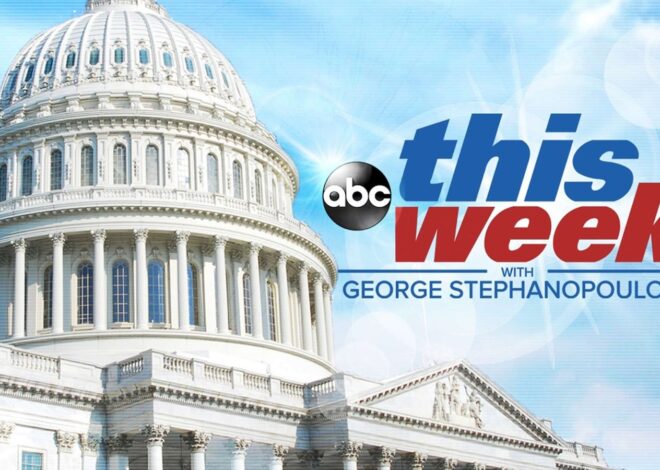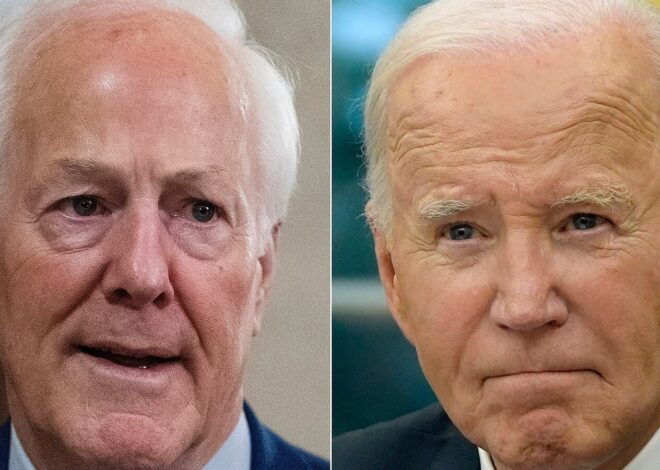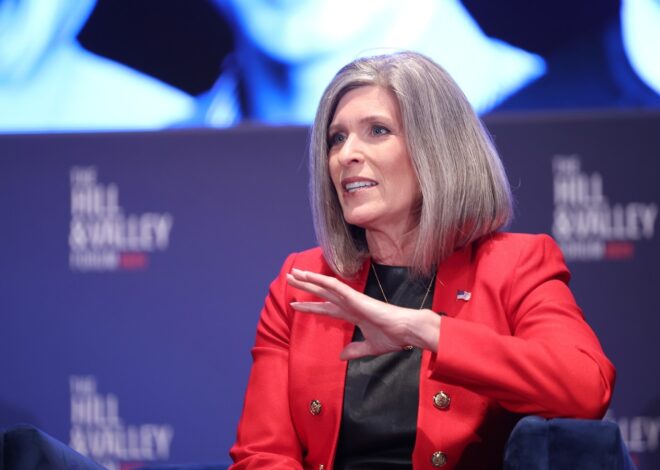
Republican Senator Warns That Opposition to Trump’s ‘Big, Beautiful Bill’ Might Hinder Its Senate Approval
The Economic Tides of Legislative Decisions
Perhaps the morning whispers of discontent amongst Republican senators were just the first ripple. The concern was that the latest economic package didn’t cut deep enough into the national debt. It might be the beginning of a storm-or perhaps just a ripple in the larger sea of legislative debates. As the “One Big, Beautiful Bill” navigates its way from the House to the Senate, tensions have emerged within Republican ranks.
President Trump and Speaker Mike Johnson exude optimism, expressing a desire for minimal tweaks as the bill makes its Senate journey. Yet, Senator Ron Johnson of Wisconsin stands firm, stating that the package should not merely pass but be reshaped to genuinely reduce the deficit-something he argues it doesn’t achieve. His call for deeper cuts seems to echo a sentiment for returning to more measured, pre-pandemic spending habits.
This legislative push employs reconciliation-a tactic that requires a mere simple majority, bypassing the usual hurdles of bipartisanship. But here’s the catch: any Senate changes mean a return trip to the House, which barely squeezed the bill through last time. Speaker Johnson, doing the rounds on Sunday talk shows, emphasized the precarious balance reached to get the bill through initially. He urges the Senate to handle it gently-too many modifications could unravel the entire effort.
Time is of the essence, he insists. Not just for political posturing, but to bring what he calls “relief” to Americans, ensuring them that this package is a step forward. Yet, the opposition is strong. Some senators, like Rand Paul, critique the package for raising the debt ceiling without adequately compensating with spending cuts. He labels the cuts “wimpy and anemic,” fearing they fall short of what’s necessary.
On “Face the Nation,” Speaker Johnson was probed about the bill’s economic implications. To him, it’s not a gamble but an investment, intended to spur growth, cut taxes, and reduce regulation-a recipe for a booming economy. In Johnson’s vision, this bill serves as “jet fuel” for economic growth, fostering opportunities for entrepreneurs and job creators.
Yet numbers tell their own story. The Congressional Budget Office estimates a deficit increase of $3.8 trillion, a figure Johnson disputes by arguing the CBO’s methods lack foresight into the bill’s potential economic growth. It’s a contentious point, wrapped in the broader debate over fiscal responsibility and economic optimism.
Embedded within the bill are permanent extensions to Trump’s 2017 tax cuts, increased military and border security funding, and cuts to assistance programs like Medicaid. The CBO’s initial analysis paints a stark picture: lower-income individuals might bear the brunt while high earners benefit. Yet, the bill includes provisions to root out “waste, fraud, and abuse” in Medicaid, focusing on able-bodied individuals not participating in the workforce.
With so many elements in play, the real impact remains to be seen. Senator Johnson insists the current process is too hasty, not allowing enough time for thorough evaluation-a sentiment that might resonate with many watching from the sidelines. Meanwhile, Speaker Johnson and President Trump continue their defense, arguing for the necessity of these measures.
For those following this legislative journey, perhaps the question is: will this be the catalyst for genuine economic improvement, or just another chapter in the ongoing saga of political and fiscal maneuvering? Maybe time-and the reactions of those it affects-will tell the final story. For now, we watch, wait, and wonder about the unfolding future of this ambitious piece of legislation.
For more on the ongoing political developments, read here.



